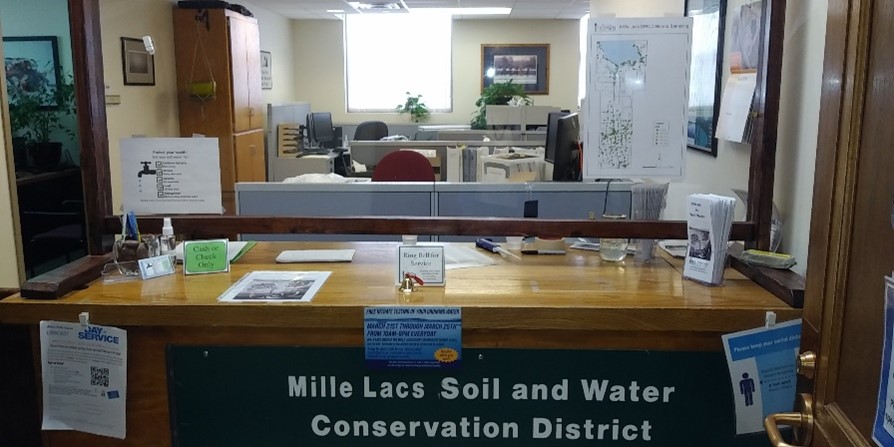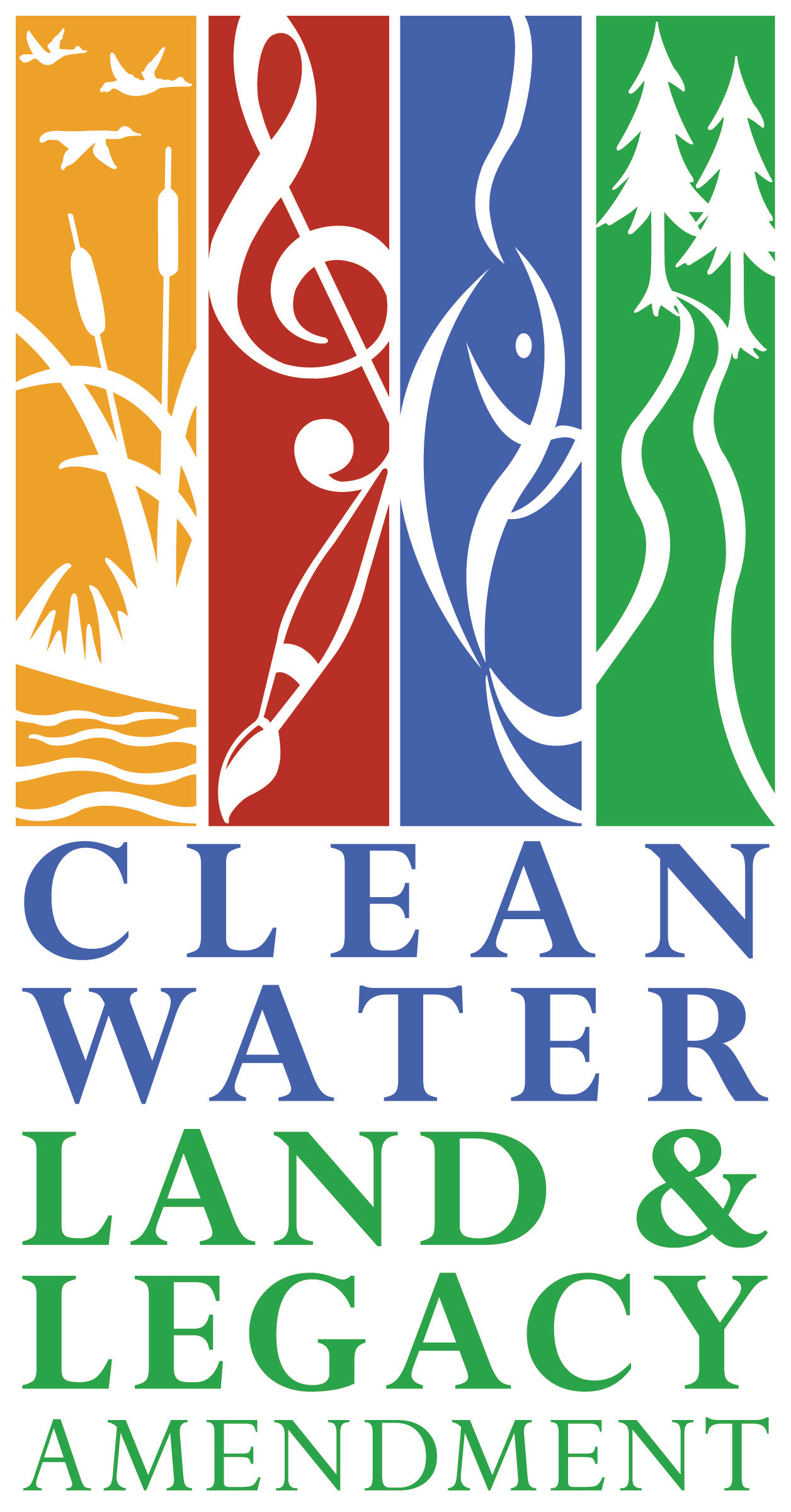Source Water Protection (SWP)
- SWP Home
- Protecting Drinking Water Sources
- SWP Requirements and Recommendations
- SWP Grants
- Groundwater Protection Initiative - Accelerated Implementation Grant
- SWP Awards
- Laws and Rules
- SWP Web Map Viewer
- Surface Water Program
- SWP Reports and Data
- SWP Implementation Resources
- Source Water Assessments
- Stories from the Source
Related Topics
- Water: Business and Government
- Drinking Water Information for Consumers
- Water Testing and Data Reports
- Minnesota Well Index
- Clean Water Fund
Environmental Health Division
Mille Lacs Soil and Water Conservation District’s Journey to Protect Groundwater
Stories from the Source
The Mille Lacs Soil and Water Conservation District (SWCD) is a small, growing district with five employees. They have been engaged in the Rum River One Watershed One Plan (1W1P) partnership for about four years. In 2021 and 2023, they were awarded a Groundwater Protection Initiative – Accelerated Implementation Grant that targets capacity-building actions leading to sustained groundwater protection by Local Government Units and Tribal Governments. The Mille Lacs SWCD received Accelerated Implementation Grants totaling nearly $92,000 to build a groundwater protection program from the ground up.

The purpose of this project was to increase resident and decision-maker awareness of the relationship between land use, groundwater, and drinking water. First, Mille Lacs SWCD had a goal to increase understanding of groundwater vulnerabilities and the actions that can be taken to reduce the threat of groundwater pollution in a targeted area. Second, they aimed to identify key individuals in the community who understood groundwater protection needs and were willing to actively engage with the SWCD in community outreach efforts.
The Mille Lacs SWCD made several important partnerships along the way. They teamed up with the county public health office for assistance with messaging on groundwater contaminants and connecting with participants in the Women, Infants, and Children program. They also reached out to the Mille Lacs Band of Ojibwe to extend their outreach to tribal residents.
The success achieved by the Mille Lacs SWCD demonstrates the value of a groundwater program that reflects local needs and priorities. The Accelerated Implementation Grant, made possible by the Clean Water Fund, can serve as a launch point for entities just beginning their programs or as a tool for those fully invested in groundwater protection. As local governments take more leadership roles in groundwater and drinking water protection, this capacity-building grant serves as an important tool in their sustained success in protecting public health.
